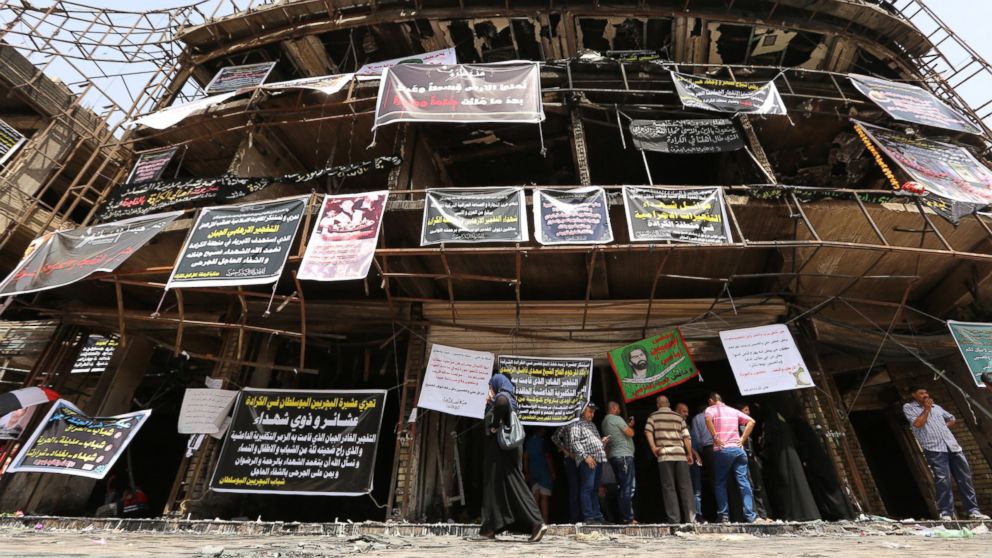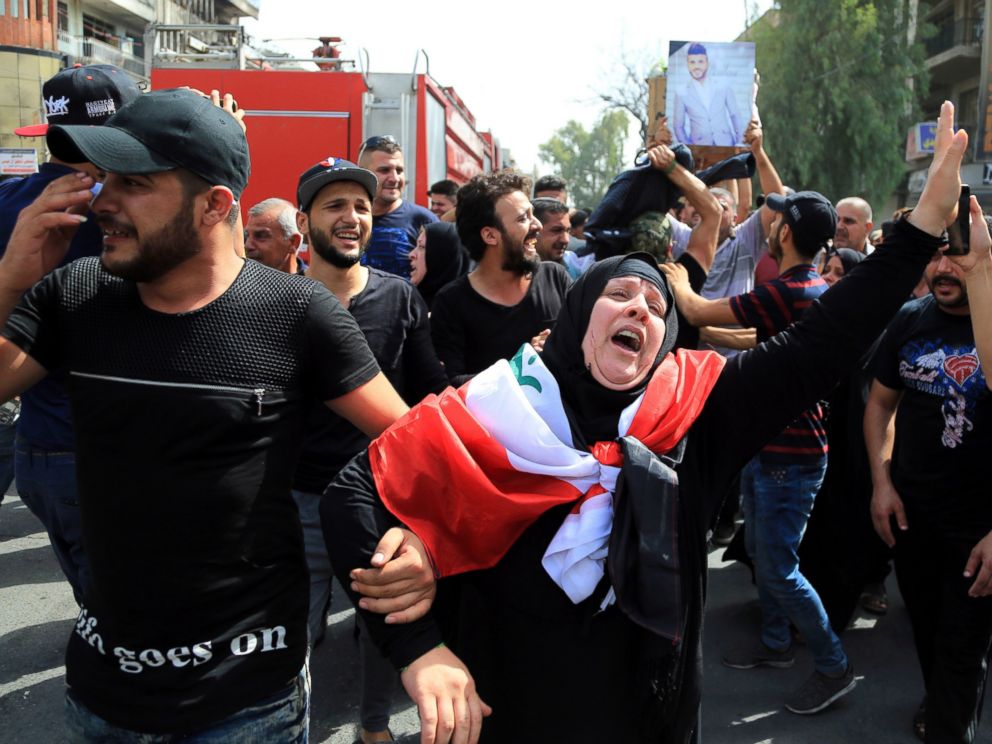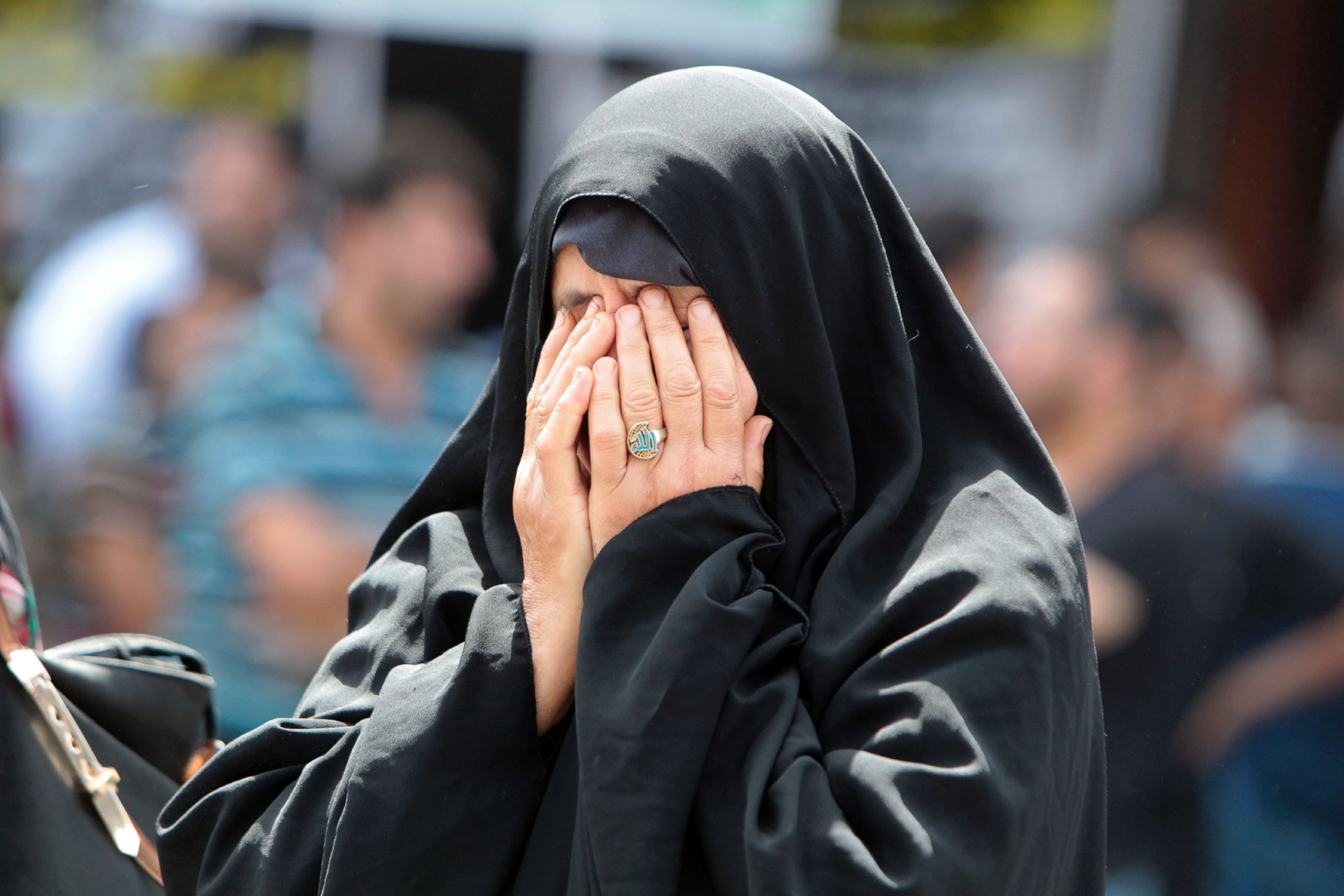Reporter’s Notebook: Bewildered Muslims Everywhere Seek Answers Amid So Much Slaughter
“Did they really try to attack the prophet’s mosque?” a London cabbie asked me.

LONDON— -- The Muslim world is reeling today.
It is reeling from the bloodiest week it has suffered in recent memory: Istanbul, Dhaka, Baghdad and Saudi Arabia. Hundreds of Muslims killed, killed during the last 10 days of their holiest month, many intending to spend Eid al-Fitr, the holiday marking the end of Ramadan, with family or shop for festive foods and clothes for the big occasion, with some flying home (Istanbul) or strolling through markets (Baghdad). Not unlike what many of us Americans do the last week before Christmas.
About 1.5 billion Muslims worldwide, including 350 million Arabs, have seen their religion dragged through the mud, constantly feeling they must apologize for the savagery to which they have lost the most lives, waking up after yet another blood-soaked night.
But the nihilist forces at work were clearly not content with slaughtering hundreds. Their flair for the headline-grabbing spectacular was on full display again Monday night when a suicide bomber attempted to blow up the mosque in the Saudi city of Medina, where the prophet of the religion they claim to champion is buried.
I was in a London cab heading home Monday night, on the phone with a friend in the United States, when my Pakistani-British driver interrupted me, having heard me say “Medina.” He asked me, with his incredulous eyes pleading, “Is it true, did they really try to attack the prophet’s mosque? My wife told me, but I couldn’t believe it.”

I have received similar messages from friends in New York City, D.C., Paris and Beirut, some practicing Muslims, many Muslim only by birth, totally bewildered.
Imagine it’s the day before Christmas and someone tries to blow up St. Peter’s Square in Rome or the Church of the Holy Sepulchre in Jerusalem.
To be sure, ISIS hasn’t yet claimed responsibility for the attack, and whether it does is almost irrelevant because its ideology is inspiring unspeakable terror. And that ideology can no longer be said to be an interpretation of the religion of Islam.
Thomas Jefferson called Muslims Mohammedan — after their Prophet Muhammad — and my friend Monday night asked me how we can consider anyone a faithful Muslim who wants to blow up the resting place of the founder of the religion he claims to champion. Would we call someone who doesn’t revere Christ a Christian?

So what is happening? Across the Muslim world, the people who have to find a way to get back to normal once ISIS is defeated are asking themselves, "Why?" Why are young men — middle-class Bangladeshis, French and Belgian petty criminal punks, average Iraqis, U.S. security guards — choosing to get dressed one morning, walk out the door of the house they share with their mother, their father, their wife, their sister, their son and go blow themselves up?
Two years after the declaration of a "caliphate" by the leader of ISIS — the self-anointed "prince of the faithful," after, you guessed it, the prophet whose burial site was almost blown up Monday — and after thousands of people have been killed, many more traumatized, it is a much more complex question to unpack than to say a terrorist group is spreading its extremist ideology and inspiring attacks.
But it is a question we journalists must continue to try to answer. It is what our audience turns to us for.
Editor's note: The author is a Muslim journalist based in London.




